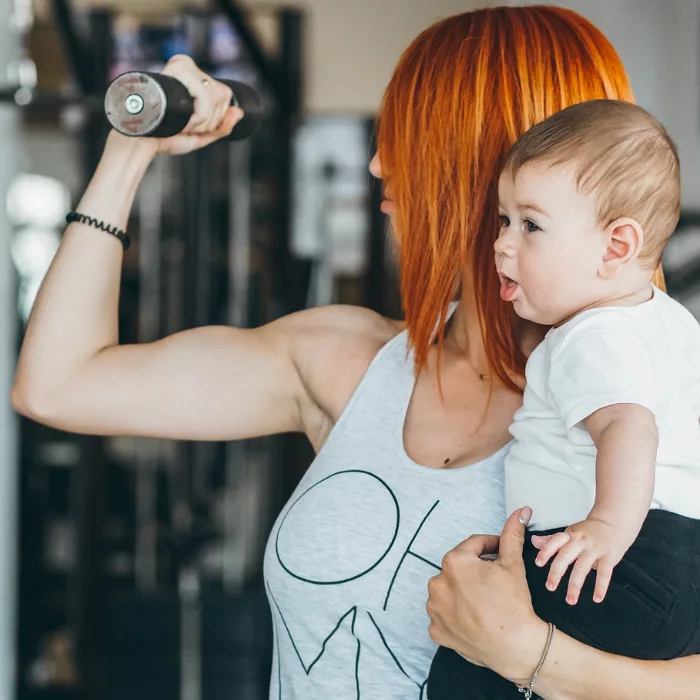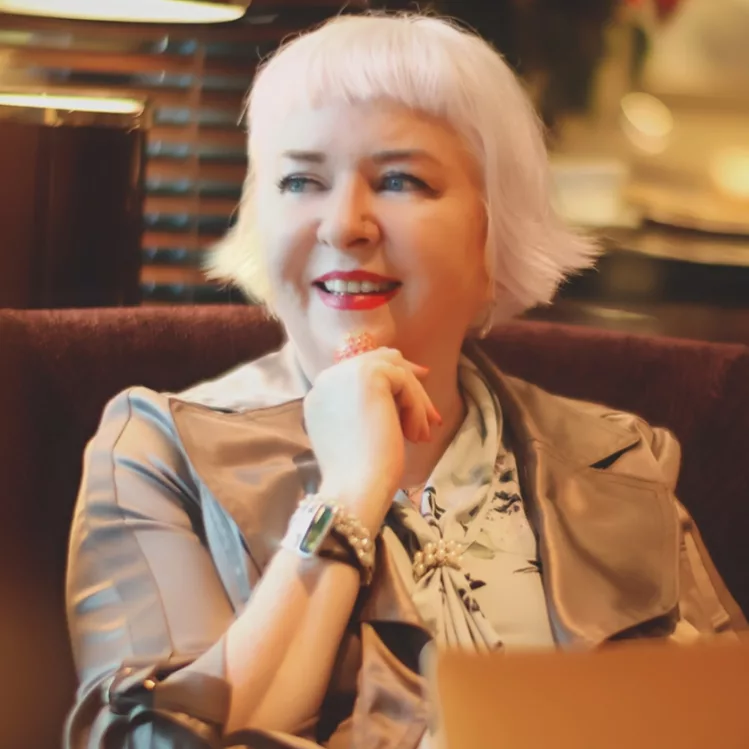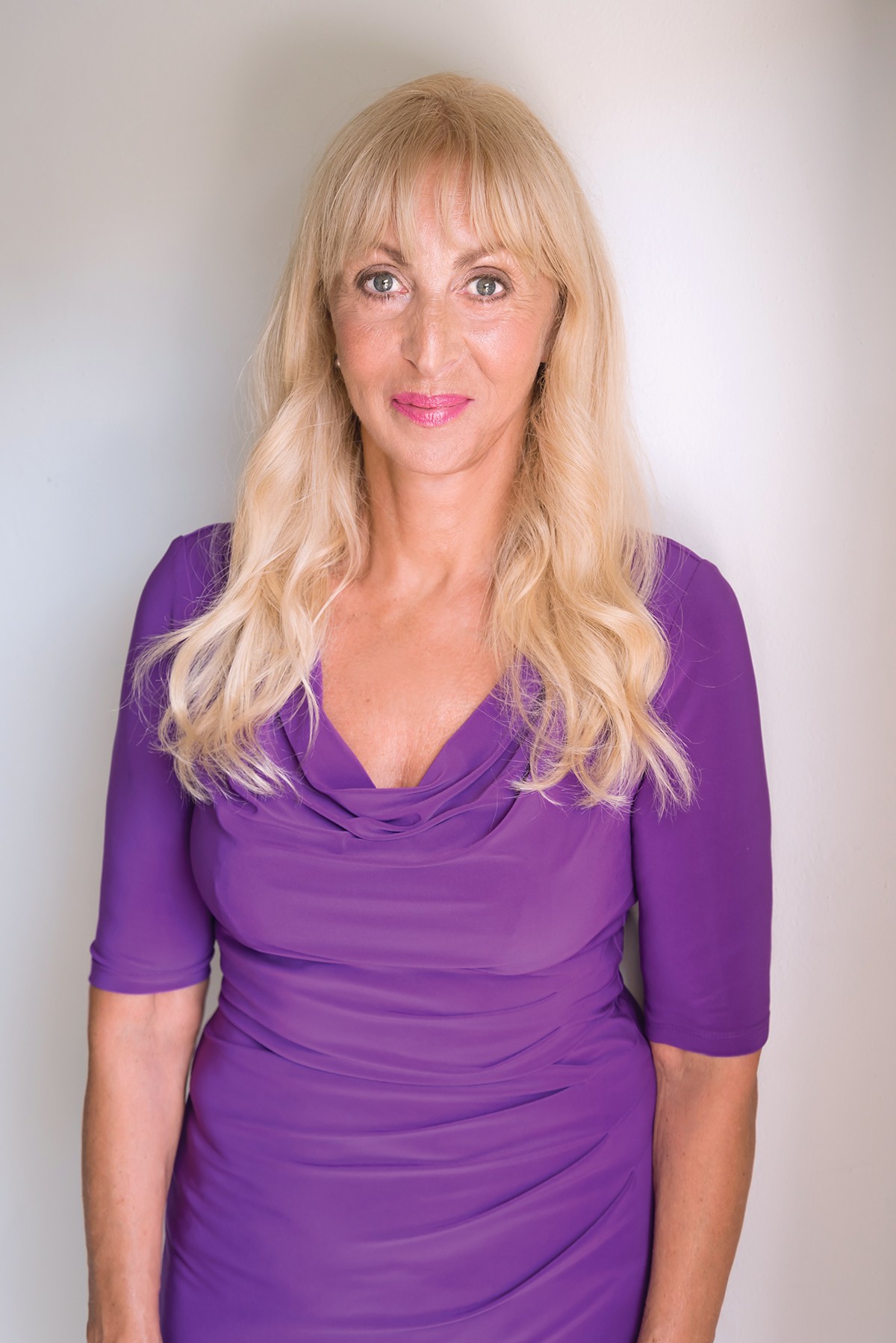
Manage Your Menopause Naturally
By Maryon Stewart BEM
According to my ‘Changing the Conversation on Menopause’ survey of 1100 women, ninety-six per cent of them don’t feel prepared for menopause, with well over two-thirds admitting to feeling completely unprepared and robbed of life as they knew it. But it doesn’t have to be that way as my team and I have helped tens of thousands of women successfully manage their menopause naturally over the last 28 years.
Imagine celebrating menopause as an achievement… It can, and should be the beginning of a whole new satisfying chapter in our life, rather than feeling like the end of life as we knew it. With accumulated professional and social skills, improving financial stability and increasing amounts of leisure time once children have flown the nest, women should be in celebration mode. Why is it then that, in Western societies, celebration and menopause are hardly mentioned in the same conversation?
When young women see the first sign of menstrual blood, their mothers quietly celebrate their daughter’s arrival to womanhood. Following the delivery of our newborn babies, whole families and close friends share our joy. So why then aren’t women expecting congratulations when they leave their fertile years behind and the prospect of being respected for their wisdom? According to surveys, most women are far too scared by their overwhelming symptoms and fading youth; often their brain fog is so extreme they can’t even remember the last sentence they uttered, let alone remember their accumulated wisdom.
How did menopause get associated with so many negative connotations? Well for a start, 100 years or so ago, women weren’t living much past fifty, so what happened after menopause wasn’t really an issue. Women fifty-plus were considered old ladies. Now that we can expect to live so much longer, and both the Baby Boomers and the X Generation have no plans to grow old gracefully, we need to seriously revisit conversations we are both witnessing and taking part in on the subject of our menopause.
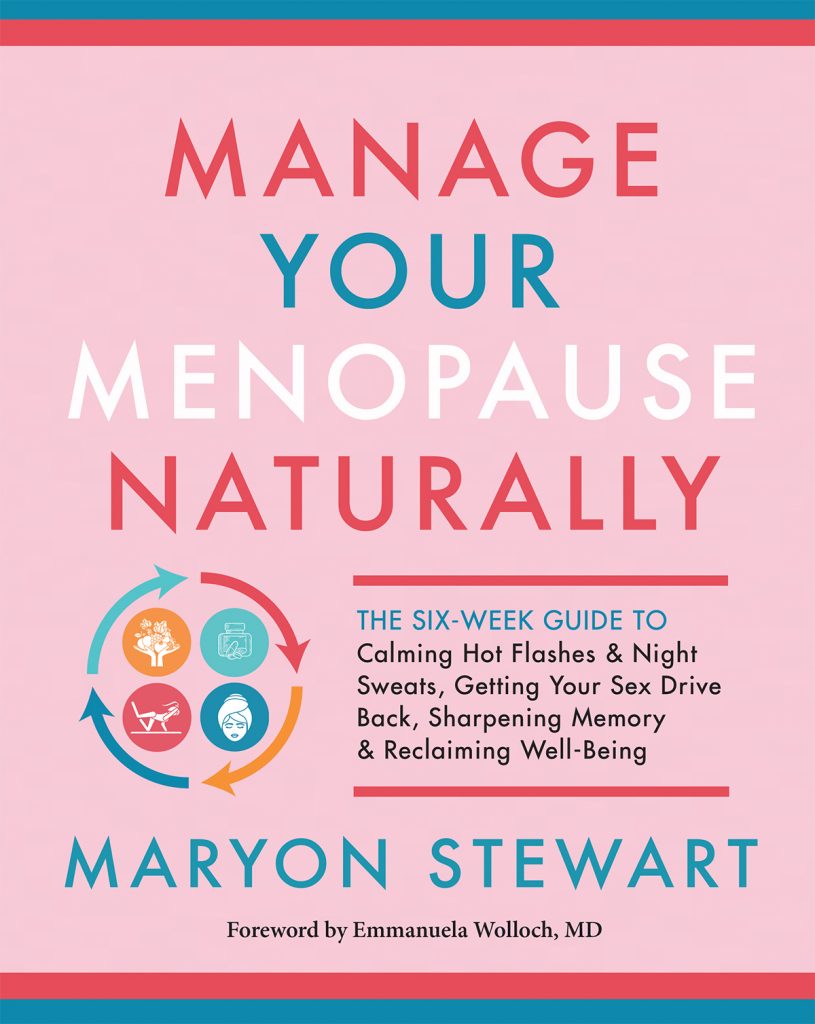
Conversations with our doctors
Conversations with our doctors should be informative and helpful, rather than resulting in women being palmed off with prescriptions for hormones and antidepressants, or told it’s all part of being a woman. It’s hardly surprising when the Mayo Clinic Survey in 2019 revealed that only seven percent of doctors and gynaecologists feel adequately educated to help women going through menopause.
In the Workplace
Women are seriously afraid of owning up to being menopausal in the workplace. Whilst some companies and organisations are now creating policies and practices for women at this life stage, in the majority of cases, Line Managers feel under-educated on menopause and find conversations with employees awkward. Nearly half of the 1000 women in my Working Women Survey said they would be afraid to speak to their boss about menopause for fear of making them look less capable, and even more women claimed they would be too afraid to discuss it with their colleagues. When you think about how many years women compete with men for parity in the workplace, it’s beyond sad that they so often get bowled over by their hormones at menopause. And it’s reckoned that one in four is either leaving or thinking of leaving the workplace due to menopause symptoms.
Relationships
Personal relationships very often fracture at the time of menopause due to a lack of open and honest communication. My Relationship Survey on 680 women showed that seventy per cent felt switched off from the waist downwards and almost two-thirds of women were afraid to have a conversation with their partner either because they were afraid to place a further strain on their relationship. The saddest thing is the lack of awareness by women that they can overcome their symptoms, reclaim their wellbeing and feel better than they can remember without ever taking drugs or hormones. Plus, they can even reclaim their mojo and get back to feeling like a sexy woman again.
What’s going on in your body at midlife?
Few women reach their mid 40’s in a good place nutritionally which leaves them running in what I call ‘economy mode’, feeling flat, tired and demotivated. Published studies by my own team have shown that up to eighty percent of women are often short of important nutrients including magnesium, calcium, iron, zinc, essential fatty acids and Vitamin D and B Vitamins. Large more recent studies report that worldwide approximately two billion people have a diet insufficient in micronutrients. Even in the developed world, an increasing number of people consume nutrient-poor food on a regular basis and women are more prone to nutritional deficiency than men. These important nutrients keep our brain chemistry, a bit like the conductor in the orchestra governing all that goes on in the body, functioning normally. In addition, they regulate our hormone system, making it hard for us to have anything resembling normal hormone levels with the presence of inadequate levels of nutrients.
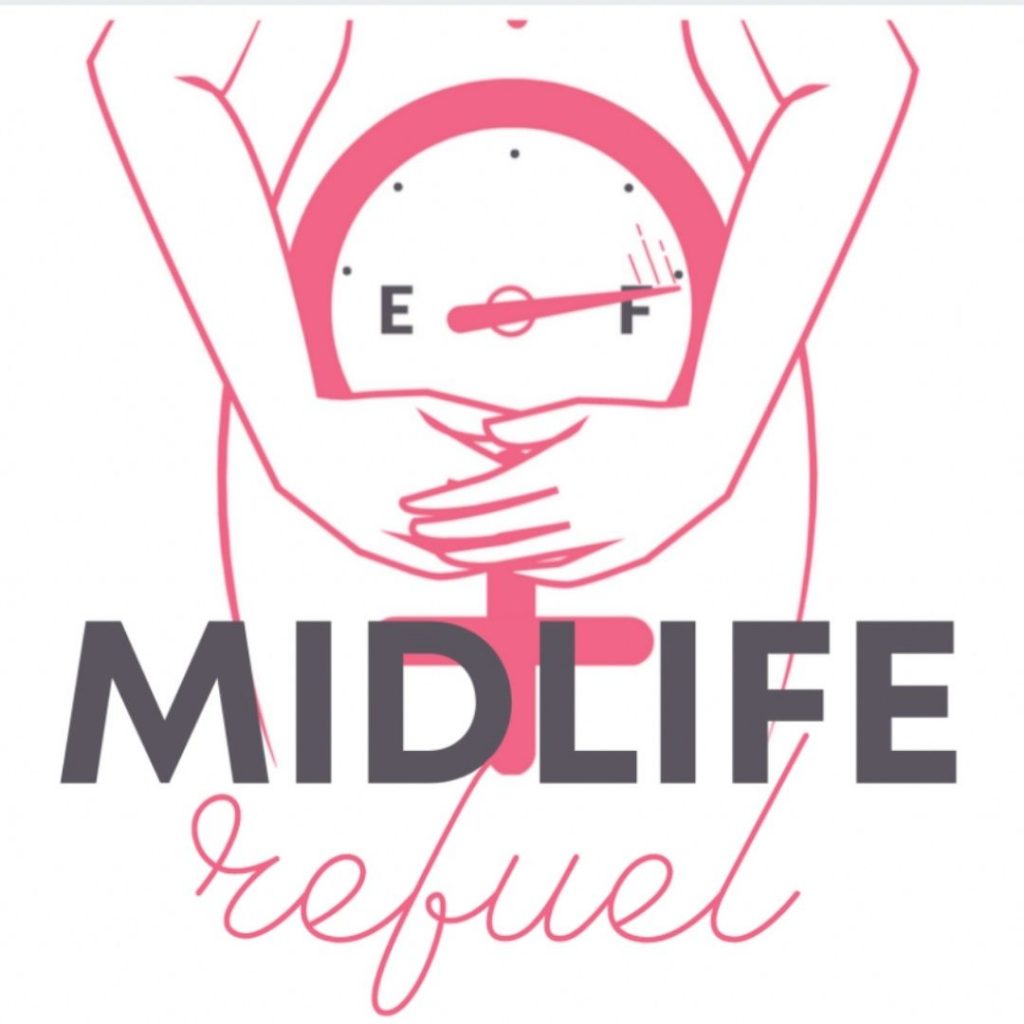
A whole new beginning
Jo’s Story
I met Maryon Stewart at a conference on menopause as I am a co-author of a 26-year review of menopause in the workplace. At the time I was secretly scared stiff that I had early-onset Alzheimer’s as I had an inability to remember anything. I also felt confused, was constipated and, for the first time in my life, had spots all over my chin which made me very self-conscious.
I enrolled on Maryon’s six-week Menopause Solution as I was desperate to overcome my brain fog and other symptoms. As an academic, I need to be able to remember things and concentrate on whatever I am doing. My job is also very varied so I constantly move between tasks in a day. Not being able to recall people’s names or focus on a paper I’m writing or a lecture I’m preparing was proving to be incredibly difficult.
It took three weeks for me to begin to feel better following a natural programme. My digestion is so much better – my constipation vanished. And my state of mind is so much better too. My memory has returned. I focus better and my skin has cleared so I am once again spot-free. I am also generally calmer so if I’ve been concentrating hard for many hours and I do ‘fog up’ I have learned to give myself a break. If I relax then whatever I am trying to remember usually comes to me or my focus returns. Following Maryon’s programme I know I look better as people are forever commenting. I feel more confident; almost a new woman.
Women often find it hard to admit they may be approaching or going through menopause. They certainly don’t want to be awarded a desk fan and an M badge. What they do want is adequate science-based knowledge so they may make informed choices about how they transition through menopause, for like pregnancy, it has a beginning and an end and it’s possible to feel better than you can remember.
I believe that all women have a right to know about the sound medical research that will help them overcome their symptoms, enabling them to thrive and enjoy their mature years instead of feeling like they have lost themselves.
In my new book ‘Managing Your Menopause Naturally’, I’m focusing on educating women about natural solutions based on my successful program which has helped hundreds of thousands of women reclaim their wellbeing and be symptom-free.



